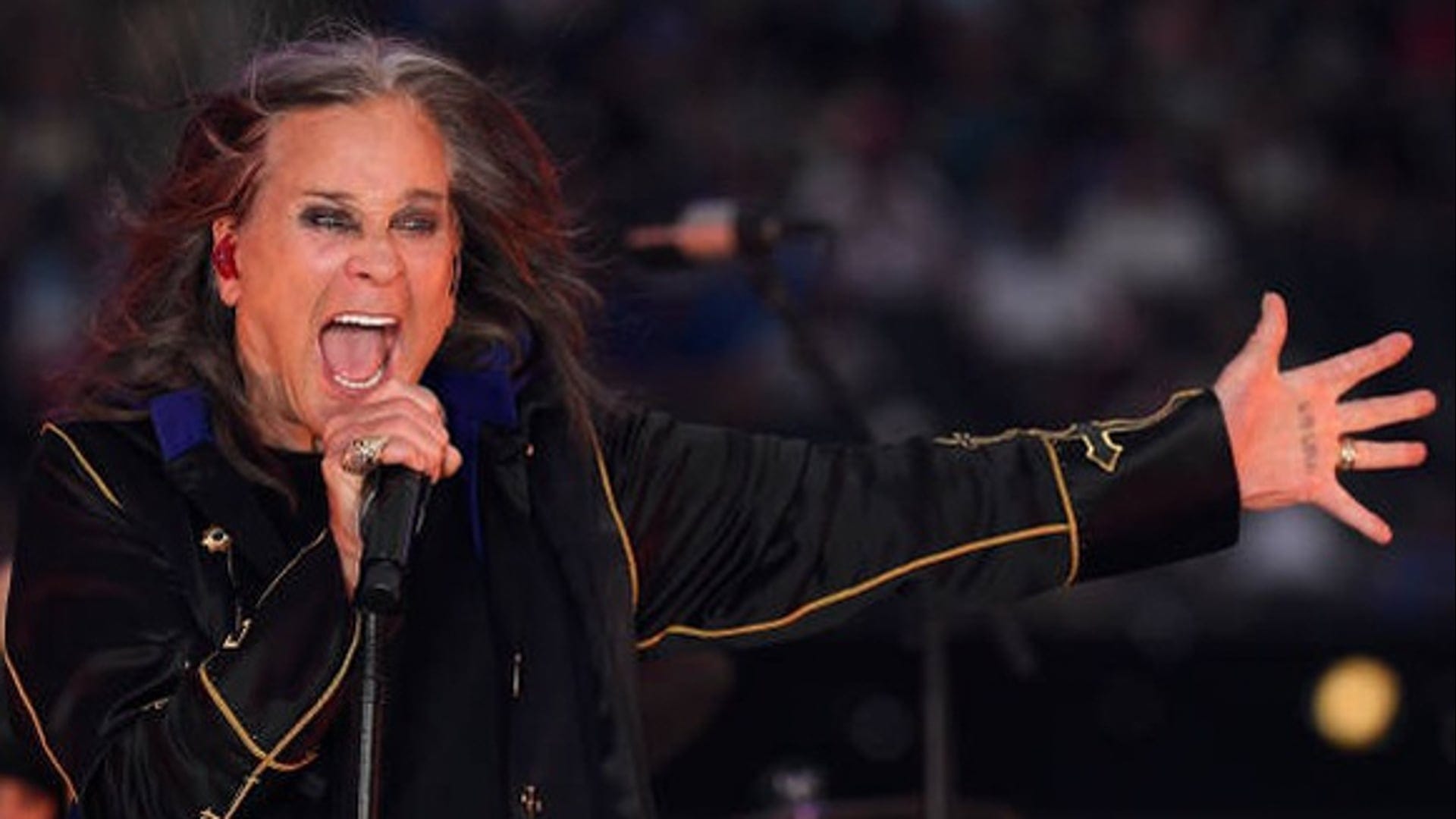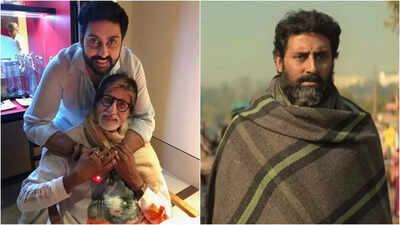
image source, Novosibirsk courts administration
On the 28th of March at around 06:45 in the morning, the police arrived at the home of Andrey Berlov in the city of Novosibirsk in the Siberian province of Russia. He used to wake up early in the morning to go to the gym. Officers were sent to bring him home and conduct a search.
They accused him of stealing around 30 lakh rubles (about Rs 27 lakh in Indian currency) from the Novosibirsk Football Club, where he was the managing director.
His family says he only allowed the children to practice on the ground without paying the usual fee to play on the ground. They only paid for the coach, they say.
But his accusers say he handled the money.
Berlov, 62, is an Olympic gold medalist. He won the 50 km race in 1992.
He has now been detained for over six months. His family says he was pressured to agree to fight in the war in Ukraine. In return he has been told that the money laundering case against him will be put on hold and the case may be dropped when the war ends.


image source, Getty Images
‘You can get away with killing’
But Perlov did not agree to this, his daughter says.
“We informed the local media about this. So he was sent to the maximum security prison. There he was presented with these options again,” says his daughter Alina. When he refused the second time, he was banned from seeing and calling his family, he says.
It is no secret that prisoners in Russian prisons have been selected to fight in Ukraine. But while initially only the most serious and violent criminals were sent to war, the trend has changed, according to a BBC analysis.
Under recent laws, anyone accused of a crime has the option of going to war instead of going to court.
According to this law, which was passed in March 2024, if the accused sign, the prosecution against them will be stopped. The cases against them will be completely closed at the end of the war.
“This has turned Russia’s law enforcement system upside down,” says Olga Romanova, director of Russia Behind Bars. It is a voluntary organization providing legal aid to prisoners.
“If the police arrest a murderer and give him an animal, the murderer says, ‘I want to work in the special forces’, the case against him will be closed,” he says.

image source, Vera Salnitskaya
From prison to battlefield…
An audio recording of an intelligence officer explaining the benefits of signing such a deal with the Russian military to the wife of a man sentenced to three years in prison was leaked. The BBC asked for it.
In it, he tells the woman, “He could get another six months in jail for another crime.” “I gave him an opportunity to sign this agreement. If his demand is accepted, he will go to war. We will close the case,” he says.
If the accused signs, the criminal case against him will be dropped within a few days and the person will be released. He will be immediately sent to the battlefield.
Now this has become the norm across Russia, confirmed three lawyers working in Russia.

image source, Lipavsky family vk.com
‘Russia sees no harm in losing prisoners’
Some people agree to this, hoping to avoid jail time and prosecution. But the story of teenager Yaroslav Lipavsky suggests that it is not an easy road.
He signed the deal after being charged with ‘gang assault’.
He went to Ukraine. Died in battle a week later. He was one of the youngest soldiers to die in the war.
It is not clear how many of the accused choose to go to war rather than face trial. But this policy reflects the need to strengthen Russia’s military rather than conscript civilians.
“Do the Russian people care about criminals, prisoners? I think not,” said Michael Goffman, a military analyst at the Carnegie Endowment for International Peace.
“The Russian government thinks that losing them is nothing, that no one cares about them, and that their loss will not have a significant, negative impact on the economy,” he says.

image source, 72.ru Iryna Sharova
50,000 prisoners of war
When the Wagner mercenary group first recruited prison inmates, its late leader Yevgeny Prigozhin recruited criminals from high-security prisons. He said he needed their ‘criminal skills’ and in return would grant them pardon.
The BBC and Russian website Mediazona have verified some of the documents. They shed light on the process of recruiting prisoners, what happened to many of them, and the need to ensure a constant supply of new combatants.
We examined the codes of criminals who died in Ukraine and compensations paid to their families. It revealed that Wagner’s group recruited nearly 50,000 prisoners from prisons and at one point lost 200 combatants in the field each day.
All inmate codes begin with the letter ‘K’. It stands for ‘Kolonia’ or prison colony. The first three numbers indicate the prison they were in. The last three numbers represent the combatant’s serial number. So if the number is big, it means that a large number of people came from that prison colony.

image source, Sergey Vologin family archive/ @jungerbahmut telegram
17,000 prisoners killed
The indemnity records show that between July 2022 and June 2023, more than 17,000 prisoners were killed trying to capture the city of Bakhmut in eastern Ukraine.
To cope with the losses, the Wagner group, and later the Russian Ministry of Defense, adjusted their recruitment strategies.
Some accused in criminal cases refuse to plead guilty. Because they are anti-war. Some refuse because the risk of dying or being injured on the battlefield is too great. Others prefer to remain in their home country to fight their case.
Andriy Berlo’s family still hopes he can be proven innocent. But when Alina last saw her father in court in mid-July, he had lost a lot of weight. “He’s trying to be happy. But if this continues, he’ll break down,” says Alina.
We asked Russian officials about the case of Andre Berlo and whether prisoners were being unfairly pressured to join the military. They didn’t answer.

.jpg)
:no_upscale()/cdn.vox-cdn.com/uploads/chorus_asset/file/26048076/GvHxJjOaAAA2wtL.jpg)










.jpg?w=700&c=0)














































